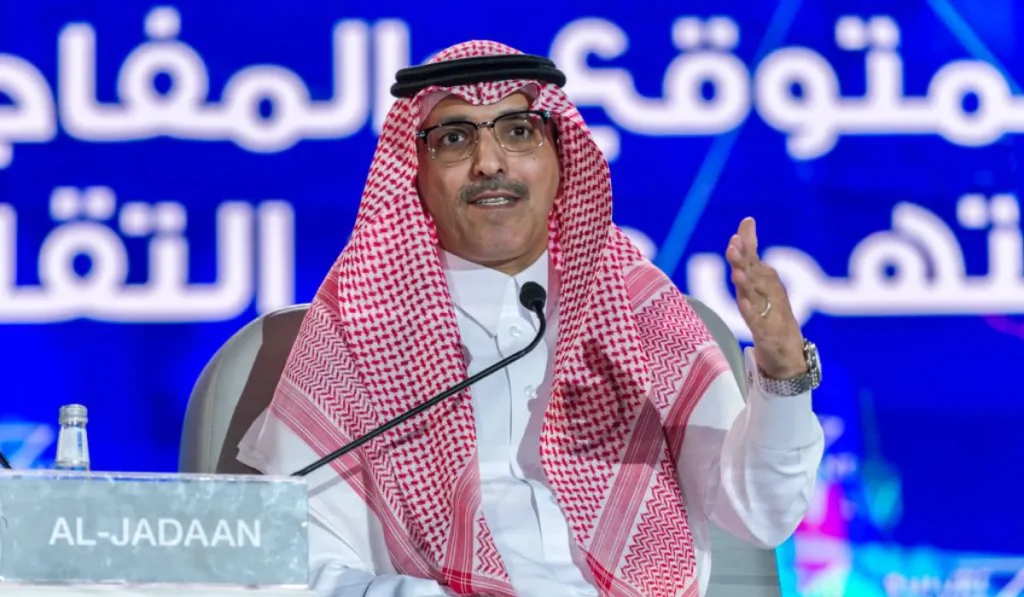Global attention on what Africa can and should do with its wealth of fossil fuel resources has accelerated in recent years, with voices from African advocacy and campaign groups weighing in the discussion. We spoke with Dean Bhekumuzi Bhebhe, a Co-Facilitator at Don’t Gas Africa, who advocates for the full adoption of renewable energy on the continent. “Africa is at a crossroads,” Bhebhe explains as he talks about the state of fossil fuels. Oil, gas and coal investments in Africa have increased since the 2015 Paris Agreement. A 2022 report from the Mo Ibrahim Foundation highlights that although oil, gas and coal consumption within the continent has increased, Africa contributes only 4% of global carbon emissions. Part of Bhebhe’s work is advocating for a turn away from fossil fuel dominance: “African communities have contributed the least to the climate crisis, but we suffer disproportionately from its effects. We want to make sure we’re not locked into a fossil fuel cycle.”
Bhebhe’s work focuses on mobilising African climate action and ensuring the end of fossil fuel dominance and influence. Having participated in gatherings including COP27, the Italy-Africa Summit and the Berlin Energy Transition Dialogue, he’s familiar with climate-centred convenings and negotiations. These international fora are helpful in furthering how we conceptualise and plan for a just transition. As Bhebhe puts it, “what COP has done is facilitate a process. For the first time the elephant in the room [fossil fuels] has been brought up, and that led to some text on transitioning away from fossil fuels at COP28.” However, these small steps towards this transition have been met with fierce opposition from fossil fuel lobbyists and public officials. “Some [African] officials argue that fossil fuels are necessary for development, but expanding fossil fuel production is inconsistent with the current development plans that Africa needs,” says Bhebhe. He refers specifically to an intervention led by Don’t Gas Africa that sought to dissuade the African Union’s contemplated expansion of gas production for use as a ‘bridge’ fuel.
For Bhebhe and the teams at Don’t Gas Africa and Power Shift Africa, the insistence on fossil fuel-powered development is a betrayal of the African people and points to a lack of imagination from policymakers. Although it is the second fasting growing region after Asia, Africa’s economies are at the bottom of the global value chain. This leads to a largely extraction-based system, exemplified by countries such as Nigeria that extract crude oil and sell it to the Global North, who then refine it and sell it back at a higher price. Even then, Bhebhe argues that the solution is not simply to start refining fossil fuels and creating fossil fuel-based products in Africa. “For the seven decades of independence, fossil fuels have failed to power our continent. Africa cannot continue to be the continent that provides cheap raw materials for other nations to feed their industrial development. Our work is not about whether Africa has the right to develop. It does. It’s that Africa has the right to develop independently of fossil fuels.”
An integral part of Bhebhe’s work is challenging narratives on fossil fuels and renewable energies. Proponents of fossil fuel expansion aren’t just trying to influence public officials and institutions – they want to influence the narrative on fossil fuels too. There is the argument that people who oppose fossil fuels also oppose Africa’s development. There’s the idea that while renewable energy is indeed the future, gas is the best way to get to that future. And there is criticism from policymakers that a full switch to renewable energy is not financially feasible for countries trying to pursue development agendas. Bhebhe refutes each of these claims: “We don’t see a historical reference where fossil fuels have unlocked developmental pathways for Africa, and fossil fuels don’t foster local ownership and democratic control.” With unparallelled wind and solar energy resources, Africa can fulfil its energy needs in a way that is sustainable, community-focused, and environmentally friendly.
Bhebhe also argues that African countries can’t afford not to pursue climate finance that enables the roll out of renewable energy. Not only does the extraction of fossil fuels pose a climate risk but it also increases public health risks. Life expectancy in the Niger Delta could fall below 40 as a result of oil exploitation in the region, and a 2023 report by the Washington Post highlights how manganese miners in South Africa have been plagued with neurological damage. The increased temperatures and disease burden brought about by climate change will only exacerbate the health risks borne by African communities engaged in the extraction, processing, and use of fossil fuels. When these costs borne by the community and public health systems are fully accounted for, it makes the argument that renewable energy technologies are too expensive more tenuous. Bhebhe stresses that continued investment in and expansion of fossil fuels is ultimately sealing a disastrous climate future for the continent.
Still, Bhebhe remains resolute in his work. He believes that an Africa powered by renewable energies is possible, but it requires a cross-sectoral and intergenerational effort. Close to 700 CSO organisations have endorsed Don’t Gas Africa, with the organisation inspiring other campaigns such as Don’t Gas Asia. “We’re talking about building the systems of the future. Our local communities must be enabled to prosper and thrive in a sustainable, regenerative and circular economic system that respects the rights of people and the planet,” says Bhebhe. With his campaigning efforts at Don’t Gas Africa and Power Shift Africa, he continues to advocate for an African future free from fossil fuels.






